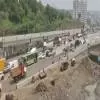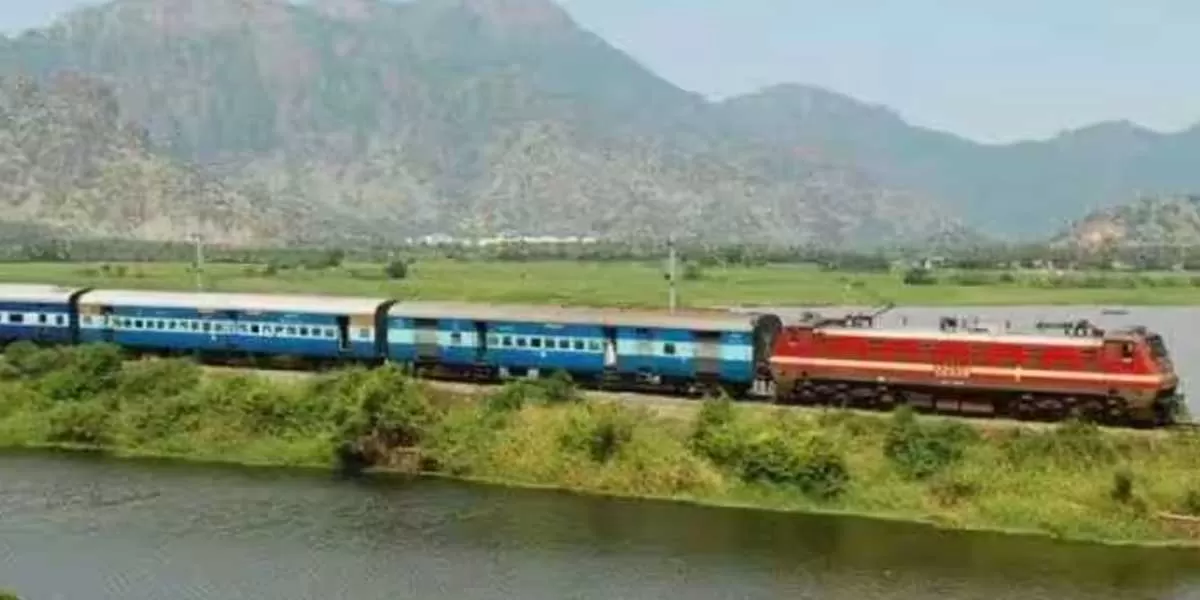
70% of Rishikesh-Karnaprayag rail line complete
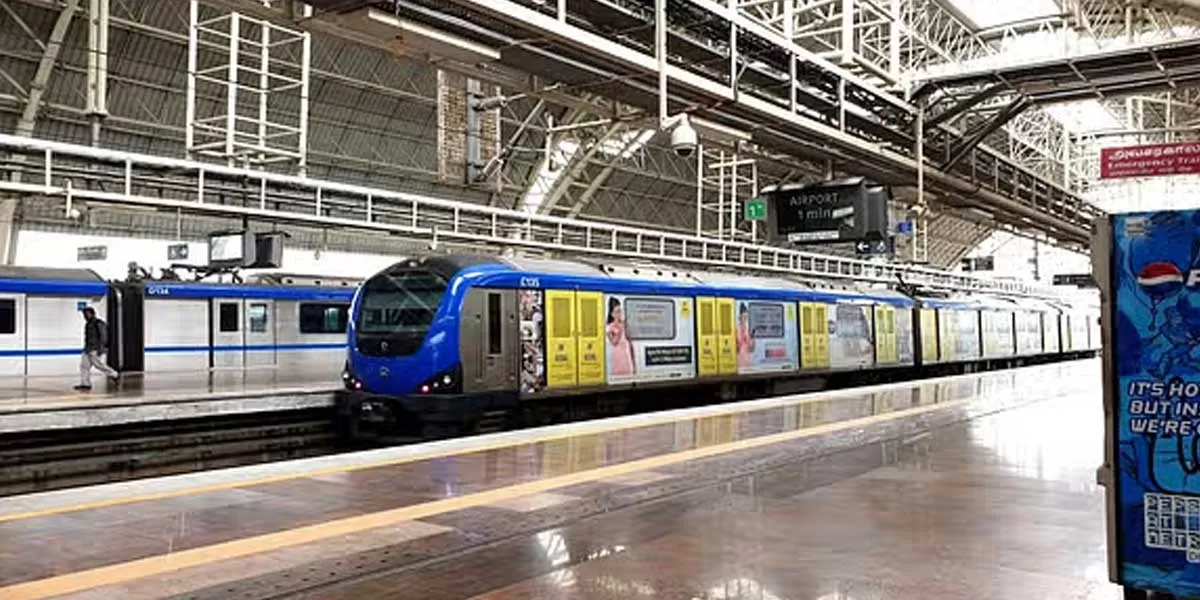
Chennai Metro Phase II: Tunnelling to Begin at Kolathur
Chennai Metro Rail Limited (CMRL) is set to begin tunnelling work for Phase II between Kolathur and Villivakkam within the next two weeks, marking a significant milestone in the city's ?632 billion ($7.6 billion) metro expansion. Phase II comprises three corridors: Madhavaram to SIPCOT (Corridor 3), Light House to Poonamallee (Corridor 4), and Madhavaram to Sholinganallur (Corridor 5). While substantial progress has been made in Corridors 3 and 4, the underground stretch of Corridor 5 has been delayed by over a year. CMRL officials have confirmed that tunnelling will begin this month at Kola..
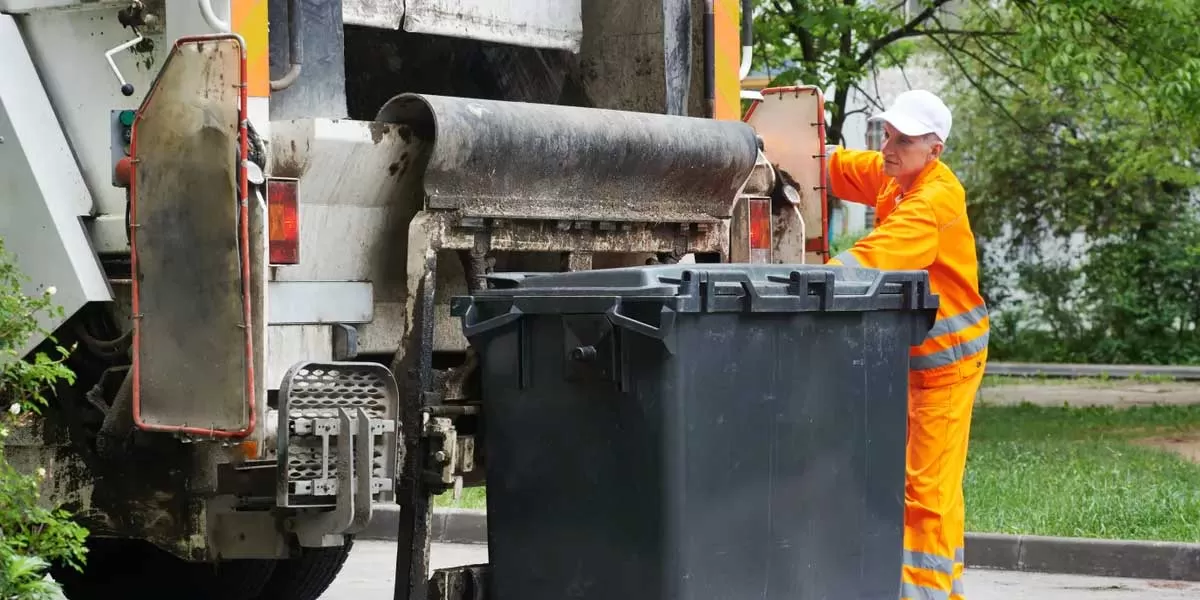
J&K Faces $100M Waste Management Fund Shortfall
Jammu and Kashmir has faced a significant shortfall in waste management funds under the Swachh Bharat Mission, with only Rs 6.42 billion ($100 million) disbursed against an allocation of Rs 14.81 billion ($180 million) over the past five years. This funding gap, revealed in Rajya Sabha by the Ministry of Housing and Urban Affairs on February 10, 2025, has raised concerns over waste collection, sorting, and disposal infrastructure in the region. As per official data, Jammu and Kashmir received just Rs 1.40 billion ($17 million) under the Swachh Bharat Mission-Urban (SBM-U), despite an allocati..
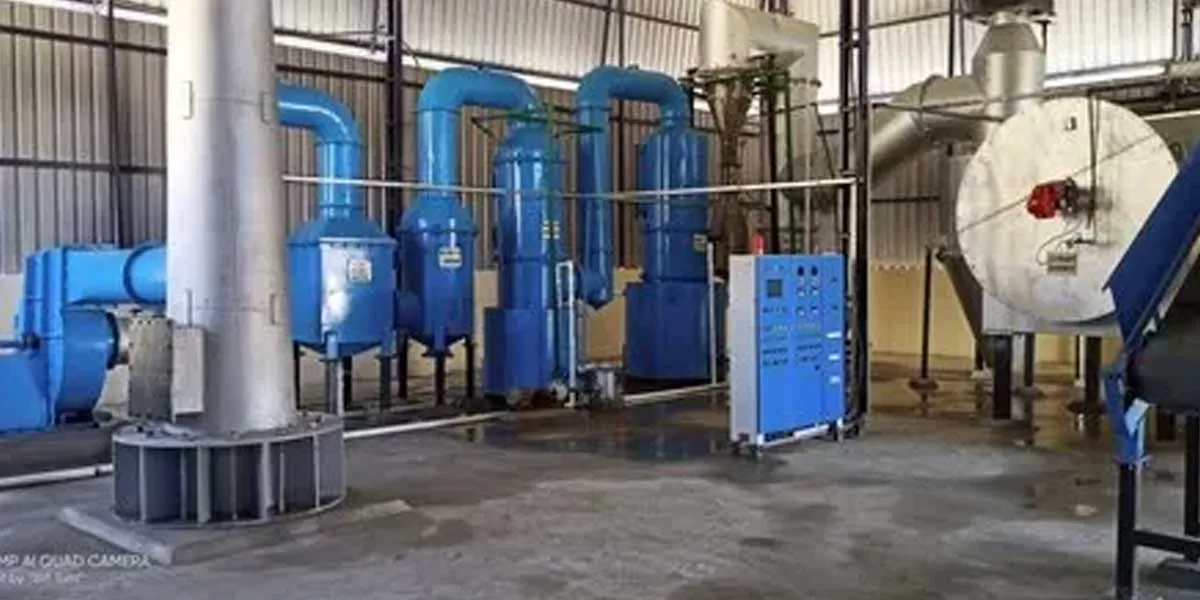
India’s First Indigenous Biomedical Waste Plant Opens
Union Minister Dr. Jitendra Singh inaugurated India’s first indigenous Automated Biomedical Waste Treatment Plant, ‘S?janam,’ at AIIMS New Delhi. Developed by CSIR-NIIST, the plant offers a sustainable alternative to incineration by disinfecting pathogenic waste without harmful emissions. With an initial capacity to handle 400 kg of biomedical waste per day, ‘S?janam’ neutralizes odors and treats infectious materials like blood, urine, and laboratory disposables. The system, currently undergoing validation and regulatory approval, could revolutionize biomedical waste management in I..








